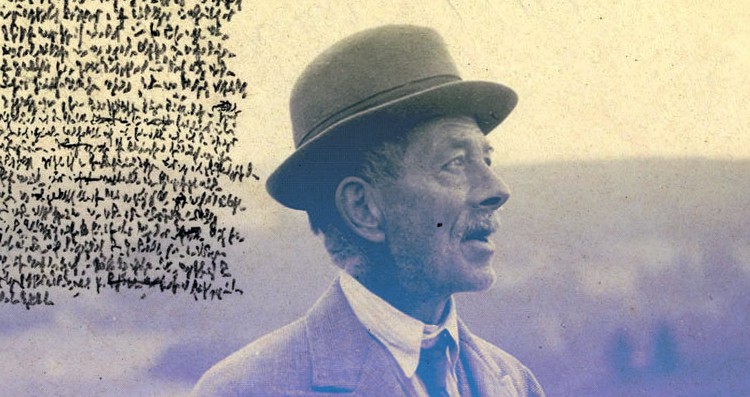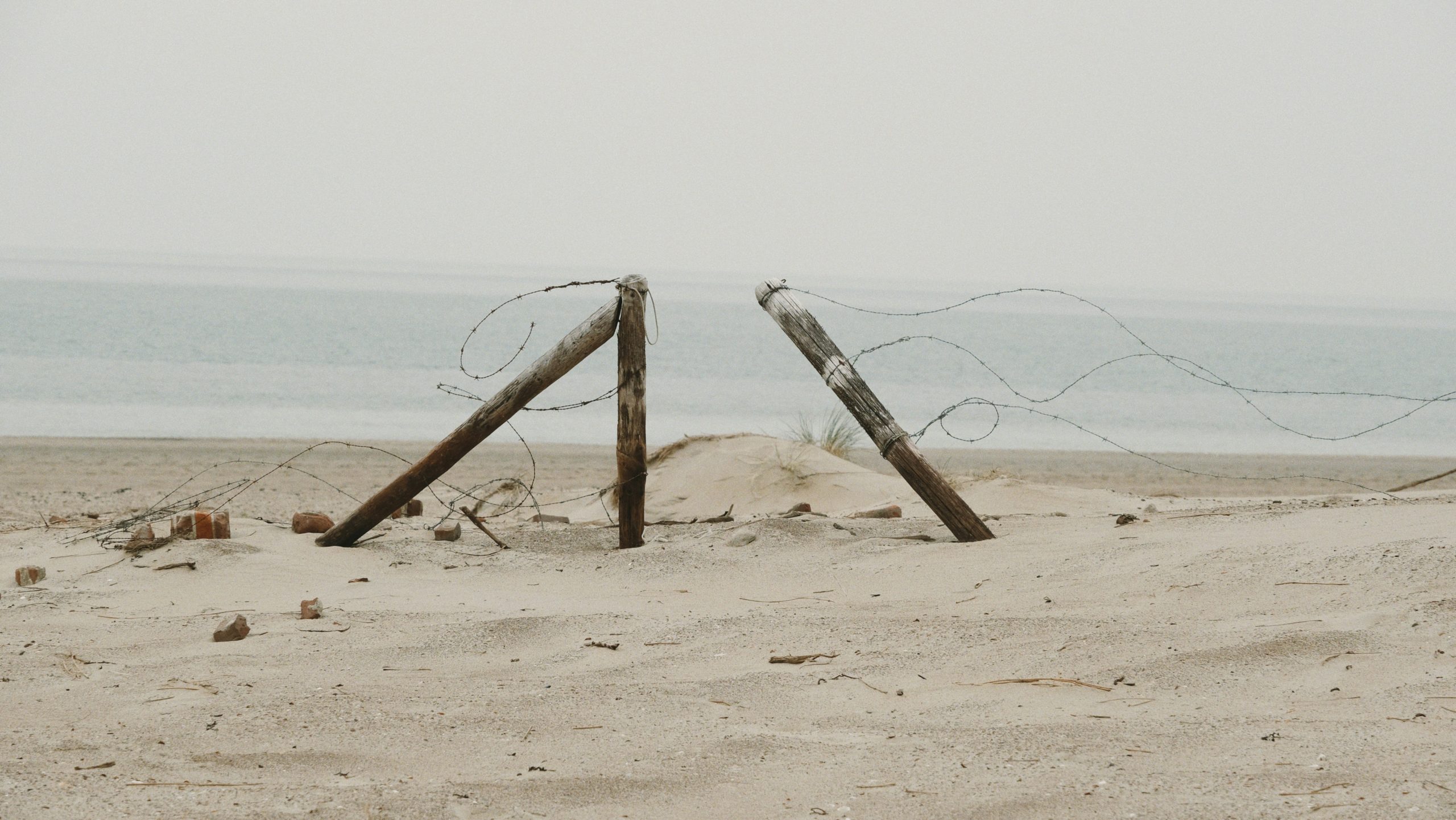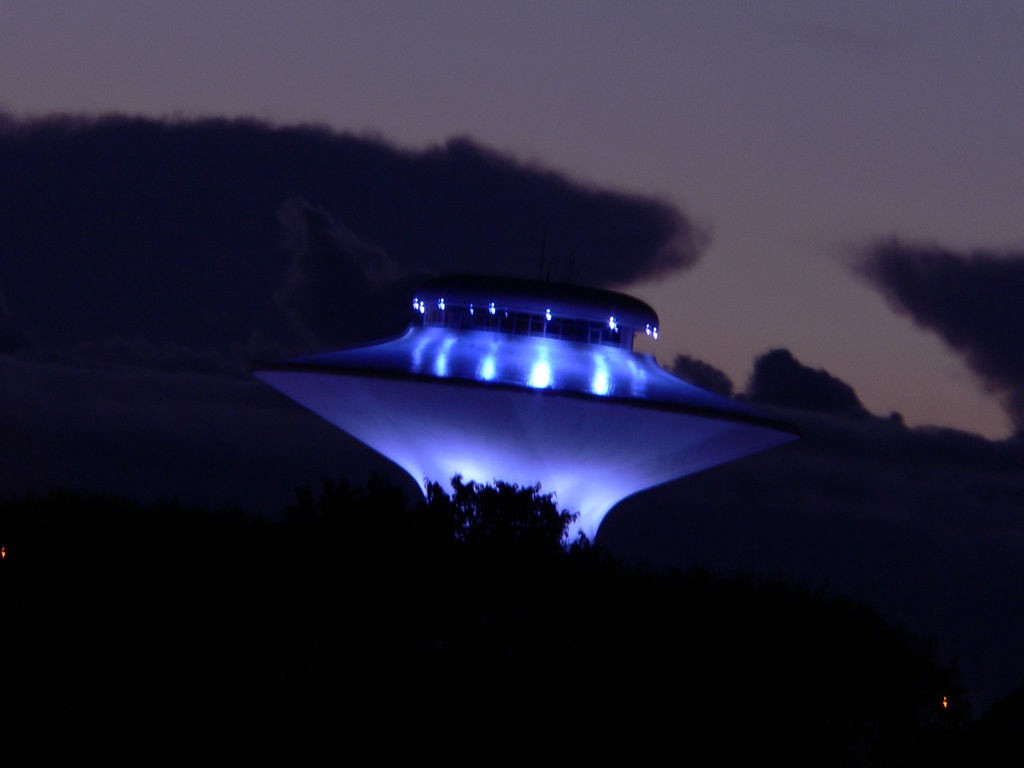Reading Lists
10 Sci-Fi Visions of the Afterlife
These 10 authors have broached the question that’s been with us from the start: what comes next? 10 literary takes on the afterlife

What happens after we die remains one of humanity’s big questions. While we may be unlikely ever to find a definitive answer, that hasn’t stopped us from trying: nearly every religion has its own take on an afterlife, and tales of people’s journeys to the underworld or the heavens have existed for millennia. Right now, we’re at a moment in time where questions of the afterlife have suffused pop culture. Charlie McDowell’s new film The Discovery hinges on the discovery of scientific proof-of-life after death. The television series The Good Place offers a skewed view of what the afterlife might be like. The acclaimed Black Mirror episode “San Junipero” and the eighth season of Doctor Who offered very different visions of how a technologically-based afterlife could operate. And George Saunders’s first novel, Lincoln in the Bardo, riffs on history, mortality, and the weight of one’s time on earth after it’s drawn to a close. Over the years, fiction has wrestled with these same questions, and come up with a narratively compelling (and disparate) series of answers. Here are ten books and stories that offer distinctive takes on afterlives, resurrections, and metaphysical questions about the nature of humanity.
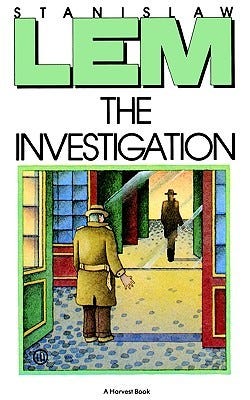
1. Stanisław Lem, The Investigation
The premise of Stanisław Lem’s 1959 novel is heady indeed: in England, a number of dead bodies have gone missing, seemingly rising from the dead and tasked with some mysterious purpose. As is the case with some of Lem’s other fiction, The Investigation is less about providing definitive answers and is more about how people grapple with events that defy rational explanation, hinting at humanity’s insignificance in the greater cosmos.
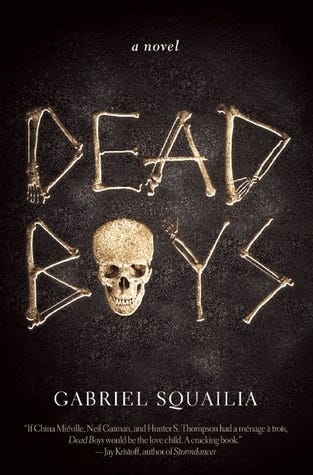
2. Gabriel Squailia, Dead Boys
You’d be hard-pressed to find a more visceral take on the underworld than the one featured in Gabriel Squailia’s Dead Boys. The novel is set in an afterlife whose population enters with decaying bodies, which its protagonist is particularly skilled in repairing. As the narrative advances, Dead Boys incorporates aspects of the quest narrative, discussions about the nature of the body and the soul, and plenty of disquieting surrealism along the way.
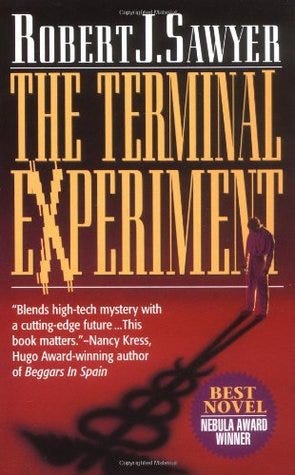
3. Robert J. Sawyer, The Terminal Experiment
The protagonist of Robert J. Sawyer’s novel The Terminal Experiment discovers evidence of energy leaving the body at the time of death — to some, confirming evidence of a soul. What follows blends the heady (discussions abound over the nature of consciousness and the existence of an afterlife) with a twisting plot, as a simulated version of the protagonist’s consciousness turns murderous.
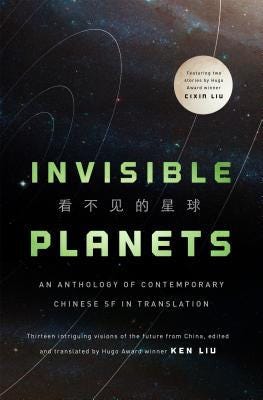
4. Xia Jia, “A Hundred Ghosts Parade Tonight” (in the anthology Invisible Planets)
Xia Jia’s evocative, surreal short story is set in a futuristic park where the souls of the dead are encased in immortal robotic bodies, and is narrated by an ageless child who is cared for by these immortal figures. It’s a haunting, moving tale of an ersatz community, as well as a powerful depiction of the effects of time on a location that’s fallen out of public favor.
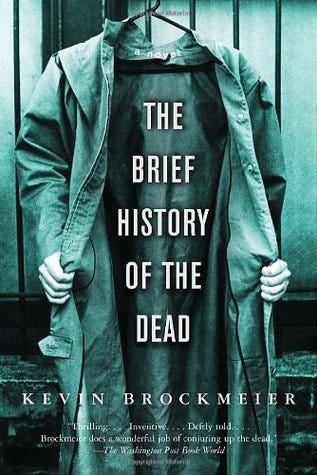
5. Kevin Brockmeier, The Brief History of the Dead
Much of this elegiac novel is set in the afterlife — envisioned here as a massive city where the dead reside until forgotten by the living. When a pandemic hits the world of the living, leaving one person left alive in relative isolation, the city’s population dwindles rapidly. The result is a wholly original work, and one that leads to an incredibly powerful conclusion.
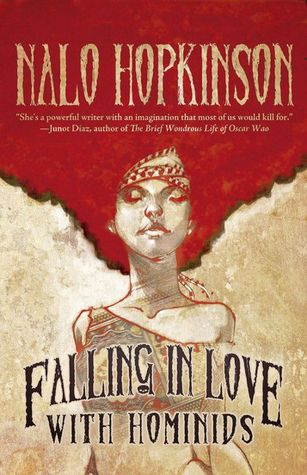
6. Nalo Hopkinson, “Old Habits” (in the collection Falling in Love With Hominids)
The characters in Nalo Hopkinson’s “Old Habits” all reside in a strange state of life after death: their souls dwell in that most purgatory-like of modern spaces: the shopping mall. The result is a tale that’s both absurdist and tragic, turning familiar sights and spaces into something unsettling, and showing how the mundane can shift into the uncanny depending on the context.
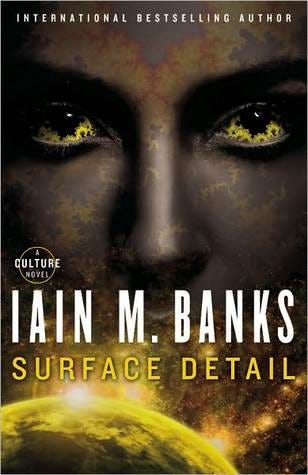
7. Iain M. Banks, Surface Detail
Iain M. Banks’s Culture novels feature high concepts in abundance: societies organized along bold political lines, the interaction between artificial intelligences and humans, and chilling moral decisions. In Surface Detail, Banks throws notions of the afterlife into the mix, as various consciousnesses are suspended in simulations of a host of heavens and hells.
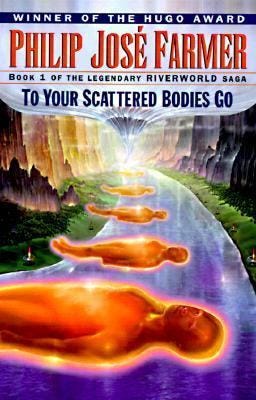
8. Philip José Farmer, To Your Scattered Bodies Go
The first book of Farmer’s acclaimed Riverworld series establishes the basic premise: at some point in the future, on a distant planet, every human who has ever lived is brought back to life along the banks of a massive river. Farmer’s novel has a mystery at its center: why was this done? But it also crackles from the interaction between different historical figures, all sharing the same space.
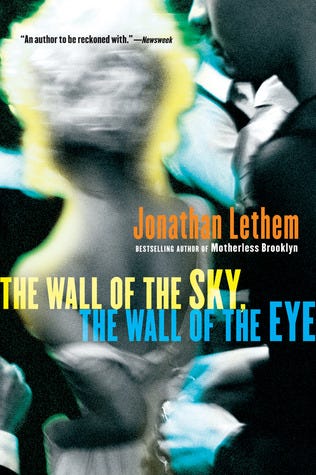
9. Jonathan Lethem, “The Happy Man” (in the collection The Wall of the Sky, The Wall of the Eye)
The narrator of Jonathan Lethem’s “The Happy Man” is dead — but he’s returned to the living world to work a job and make money for the family he left behind. Periodically, though, he returns to hell, where he undergoes torments that seem taken from a twisted fairy-tale playbook. In Lethem’s story, memories and the present coexist, life and the afterlife blur together, and worlds real and virtual haunt one another.
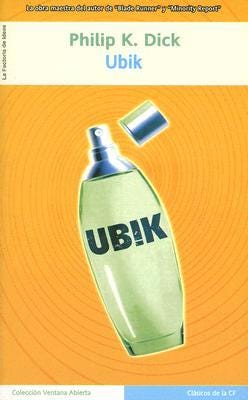
10. Philip K. Dick, Ubik
As with many of Philip K. Dick’s best novels, Ubik poses questions of time, space, death, and life, providing thought-provoking answers as its plot unfolds. Its storyline centers around a group of characters for whom time itself has begun to break down; a limbo-like state between life and death also plays a significant role in the book.
9 Memorable Visions of Alternate Today




